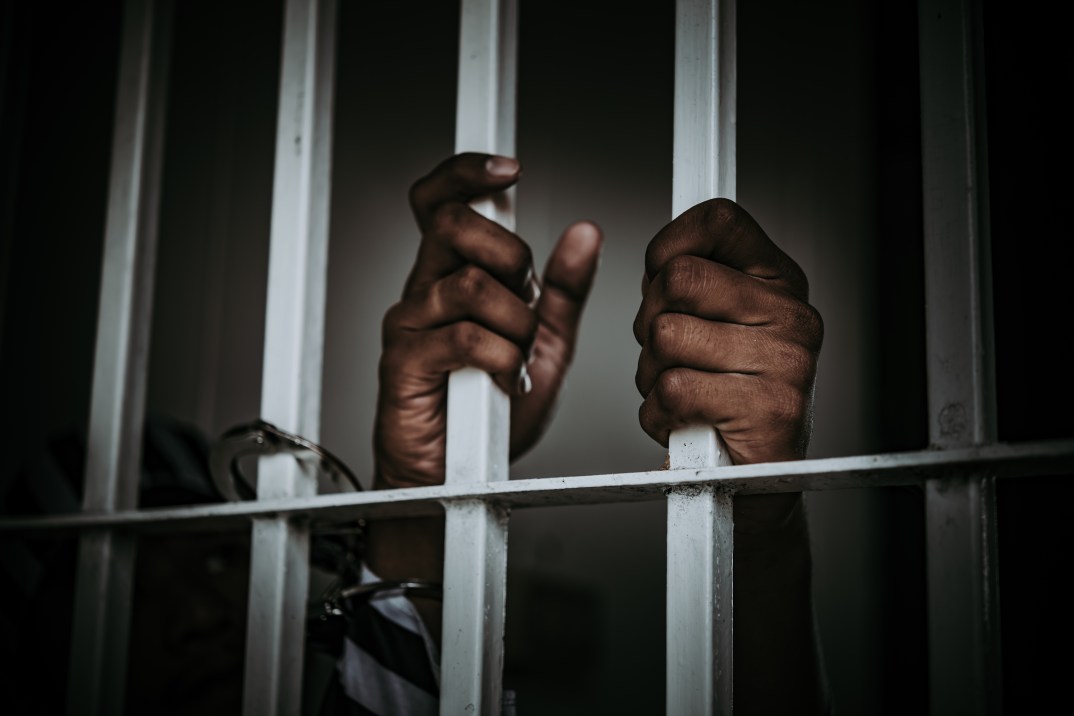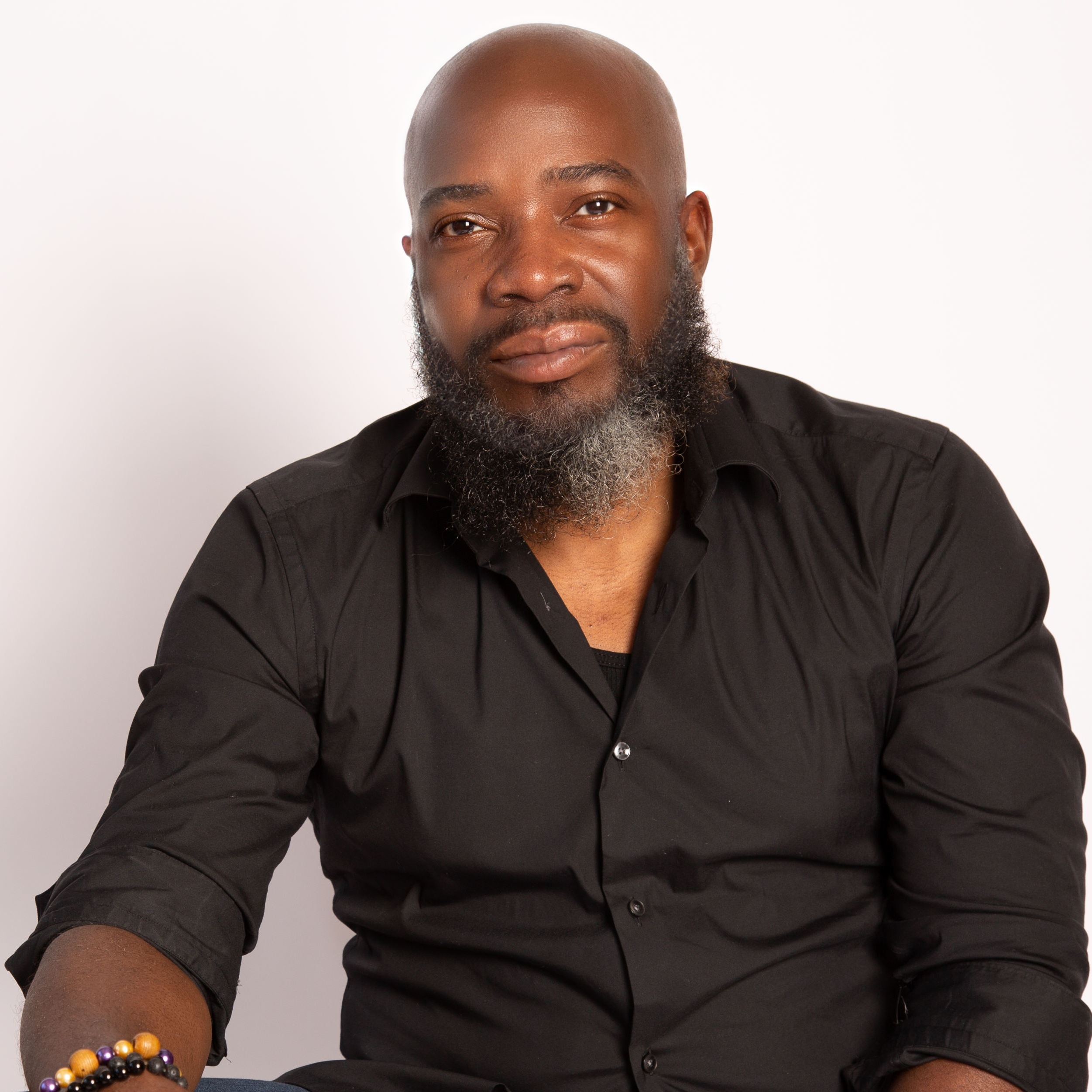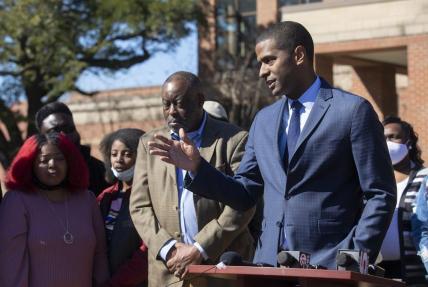Black men keep mysteriously dying in South Carolina’s largest jails. The US Department of Justice wants to know why.
OPINION: Pretrial detention is America’s mass incarceration loophole. Now, the DOJ is investigating two of the worst facilities.

Editor’s note: The following article is an op-ed, and the views expressed are the author’s own. Read more opinions on theGrio.
In a criminal justice system supposedly premised on “innocent until proven guilty,” pretrial detention centers are the exception to the rule.
On any given day in 2021, more than 514,000 people were locked up in city and county facilities colloquially known as “jails.” According to the Prison Policy initiative, 80% of these detainees have not been convicted of the crime for which they were arrested and detained. Even though the U.S. Constitution guarantees the right to a trial by jury and forbids excessive bail, the U.S. Commission on Civil Rights notes that 60% percent of America’s jail population is imprisoned simply because it cannot afford cash bail. Even worse, no one actually knows how many innocent people are killed each year while being held in America’s mass incarceration loophole.
Among this cruel and unusual form of punishment, South Carolina stands head and shoulders above the rest.
On Thursday, the justice department announced two civil rights investigations into the conditions at two detention centers in the state – the Sheriff Al Cannon Detention Center in Charleston and the Alvin S. Glenn Detention Center in Columbia. According to Assistant Attorney General Kristen Clarke for the DOJ’s civil rights division, the department has received credible evidence of medical neglect, use of force, sexual assaults and homicides inside the state’s two largest pretrial facilities. In a press release, the DOJ said the decision was justified based on “an extensive review of publicly available information and information gathered from stakeholders.”
The Alvin S. Glenn Detention Center, operated by Richland County, South Carolina has long been at the center of turmoil. In October 2022, a routine inspection found more than a dozen violations of minimum standards. In January, inmates posted a series of TikTok videos showing raw sewage flooding the facility, undercooked food and victims who were brutalized by guards and denied medical care. More than 50 people have been assaulted, injured and killed in Alvin S. Glenn during the past two years, including 27-year-old Lason Butler.
In February 2022, after being incarcerated for two weeks, Butler was found dead in a cell with no running water, naked and covered with rat bites. According to a lawsuit filed by Butler’s family, Butler had lost 40 lbs, was placed in solitary confinement and denied medical care, despite correctional officers knowing that Butler suffered from mental health problems.
“The Department of Justice has been doing great work around the country. We’re thankful that they have come to Richland County, South Carolina,” said civil rights attorney Bakari Sellers, representing the Butler family. “It’s also unfortunate. It was my hope and my goal that the Richland County Council and the Richland County solicitor’s office would be willing to take on the challenge of ensuring that people were able to be safe and secure and they were not going to be deliberately indifferent to the needs of those in their care and custody at Alvin S. Glenn Detention Center. The county council and the solicitor’s office have failed at that.”
Butler’s tragic demise mirrors the death of D’Angelo Brown who was found unconscious covered in vomit and excrement at the Al Cannon Detention Center in Charleston County. Brown, whose death was ruled a homicide “due to gross medical neglect,” suffered from schizophrenia and was repeatedly observed eating his feces during his four-month incarceration.
According to a report by Justice Innovation Labs and Loyola University in Chicago, Black men in Charleston County are arrested at five times the rate of white men but account for 66% of the cases dismissed by prosecutors.
“This so-called ‘war on crime’ has never been real; this has always been a war on poor people,” said activist Brittany Packnett Cunningham. “South Carolina’s poverty rate outpaces America’s. Instead of solving the issues that cause poverty, they’ve been throwing people into unlivable, filthy conditions. You don’t have to be convicted. You just have to be unable to pay your bail. Meanwhile, you can die inside before you ever face a jury of your peers.”
The Department of Justice’s Clarke said, “People confined in local jails across our country do not abandon their civil and constitutional rights at the jailhouse door. We are launching these investigations to determine whether the jail conditions in two of South Carolina’s largest counties comply with basic constitutional standards,” she said. “We are committed to ensuring that people held inside jails and prisons are not subjected to excessive force, violent conditions, inadequate medical and mental health care, and other dangerous physical conditions while in the custody of their local government.”
Cunningham said a person’s financial assets should not affect how long presumably innocent people wait for trial.
“From Rikers to Richland, nothing about this says ‘justice,” she added. “Exactly how rich do you have to be to keep this country from throwing you away?”

Michael Harriot is an economist, cultural critic and championship-level Spades player. His New York Times bestseller Black AF History: The Unwhitewashed Story of America is available everywhere books are sold.
TheGrio is FREE on your TV via Apple TV, Amazon Fire, Roku, and Android TV. Please download theGrio mobile apps today!


